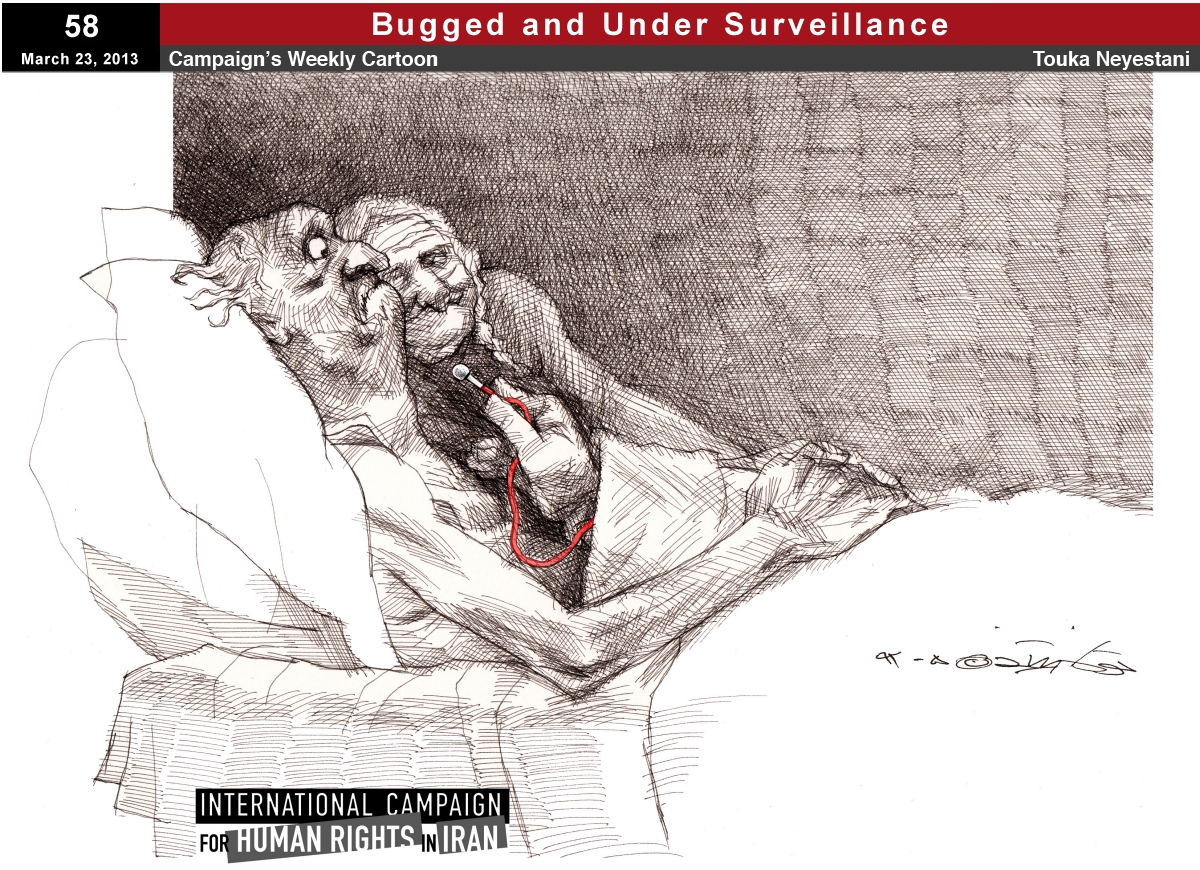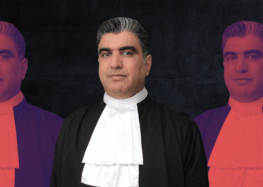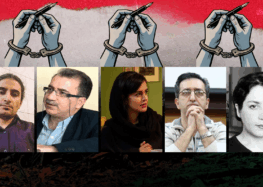Cartoon 58: Bugged and Under Surveillance

Throughout the 35 years since the establishment of the Islamic Republic of Iran, there have been numerous accounts of phone tapping and surveillance of dissident, opposition, civil society, and public figures, journalists and activists and even celebrities, by Iranian officials who have used the information to coerce, pressure, and intimidate citizens to conform, to become quiet, or to make confessions against themselves and others. Since the disputed 2009 election, and in the aftermath of the severe and violent crackdown on public protests, use of sophisticated equipment to monitor and tap land and mobile telephone lines, and to hack and read citizens’ emails and access their personal internet accounts, have been at least partially confirmed by some European companies that have sold the equipment to the Iranian government.
But when earlier this summer, Member of the Parliament, Ali Motahari, an outspoken critic of Mahmoud Ahmadinejad’s policies, reported discovery of eavesdropping and video equipment planted in his offices, even conservative government officials such as MP Ahmad Tavakoli were outraged. Heydar Moslehi, Iran’s then Minister of Intelligence, did not provide any explanations about who and why had planted the surveillance equipment.
This week, however, there were rumors of tapping of the home of Abdolreza Rahmani Fazli, Iran’s new Minister of Interior.
In his previous position as Head of the Supreme Audit Court of Iran, Rahmani had been vocal in criticizing the budget irregularities of Ahmadinejad’s cabinet, and this had created a rift between the Audit Court and the administration.
Rumors published on several websites allege that when Abdolreza Rahmani Fazli and his family were packing their belongings to move to a new house recently, they discovered a collection of eavesdropping equipment in their home, including their in bedrooms.
In the case of Ali Motahari, and if the Rahmani rumors are true, such gross violation of an official’s right to privacy only adds concern for ordinary citizens about who is responsible for safeguarding their private domain.
President Hassan Rouhani repeatedly promised during his election campaign that he would make sure that the rights of the citizens, as promised in Chapter 3 of the Iranian Constitution (Articles 19 through 42), will be protected. Article 25 of the Iranian Constitution clearly states: “The inspection of letters and the failure to deliver them, the recording and disclosure of telephone conversations, the disclosure of telegraphic and telex communications, censorship, or the willful failure to transmit them, eavesdropping, and all forms of covert investigation are forbidden, except as provided by law.”






